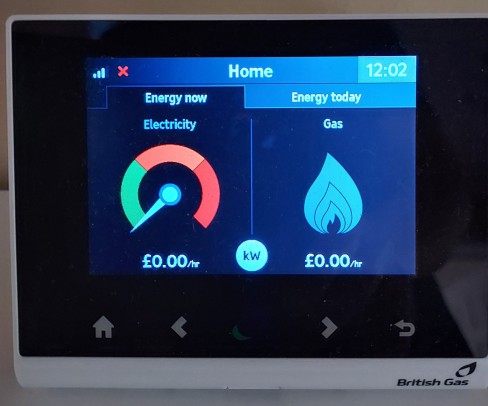
About us (me)
organic●ally™ was set up in 2005 by Siew-Peng, a ‘pre-tired’ change management consultant and social anthropologist from Singapore, who now lives in the UK. organic●ally™ is where her concerns for the environment and good working conditions (especially for marginalized women) meet.
All organic●ally™ products have been ethically-sourced and, as much as possible, fairly traded. We are not certified as "Fairtrade" because we cannot afford to pay for that privilege.
The important principle is we will not stock any item that we are not prepared to give to those nearest and dearest to us with a clear conscience.
organic●ally™ is designed to be a manageable business around the needs of Siew-Peng's family (illness and SEN) and community commitments (volunteer at Citizens Advice, teaching English to new migrants, teaching IT skills to older people). While we do not have a dazzling all-singing, all-dancing website with seamless online payment software, we are small enough to provide a personal and friendly, as well as an efficient, service.
Please note that since 2018 Siew-Peng has been spending more time teaching at various universities (sometimes in a different part of the world) but she remains committed to making a difference in sustainability one handkerchief, one cosmetic pad, one table napkin, one string bag, and one gift bag at a time. Your support in this endeavour is much appreciated.
Feel free to 'chat' with Siew Peng at shopkeeper@organic-ally.co.uk.
I've always preferred to work in natural light. Having recently installed solar panels which took some time to be configured properly, we finally have days when our smart meter shows displays like picture above, thus making our products even more sustainable at source. I consider this a "win-win".
Why we do what we do
Of course people are always looking out for a cheaper alternative, and big corporations have made huge, HUGE profits on that basis.
But how cheap is cheap (or cheap enough)? (See also blog article on 'sustainable development'.)
Plastic bags are cheap to make, but the real cost of environmental damage – to wildlife, human beings, global climate change, etc. – is incalculable. Paper tissues and other disposable products are convenient to use, but how many trees must we fell?
Not too long ago, intensive farming which altered the vegetarian diet of cattle resulted in BSE. Right now 'cheap cotton' is being produced with the use of potent chemicals that poison the earth. Just think back to the tragedy in Bhopal where the Union Carbide plant was manufacturing aldicarb and carbaryl, pesticides for use in Indian cotton production. Result: 20,000 people killed, 120,000 people injured. (See an update on Bhopal children here.)
When organic●ally™ started we were being plagued by global avian flu. We then had foot-and-mouth and a whole lot of other food scares. How are these related to intensive farming?
We reap what we sow. Whether in this generation, or the next.
Cost, price and value
It is increasingly clear that:
The real cost of paying a low price is the earth which we must value more – for our children and their children’s sake.
Why use an organic cotton handkerchief when there are ‘cheaper’, ‘more convenient’, disposable paper alternatives?
Why carry a organic cotton string bag instead of collecting one more of those ubiquitous plastic bags?
Why use an organic cotton cloth instead of a beautifully printed gift wrapper?
Because it does not cost the earth!

